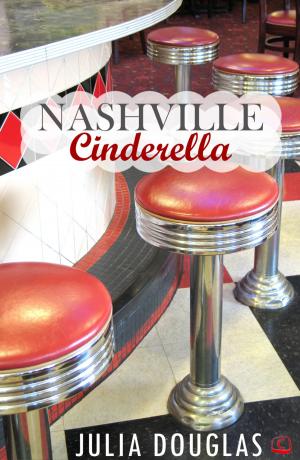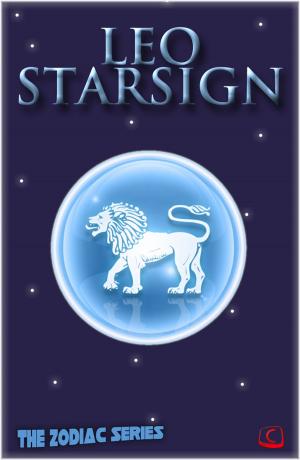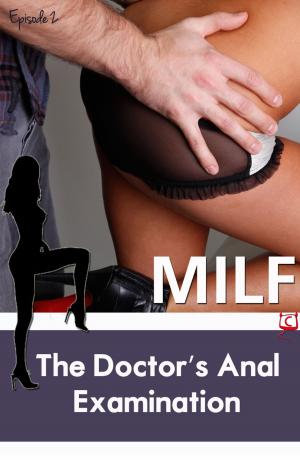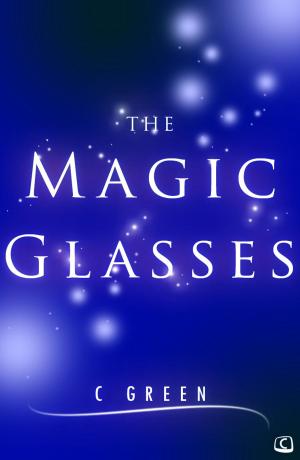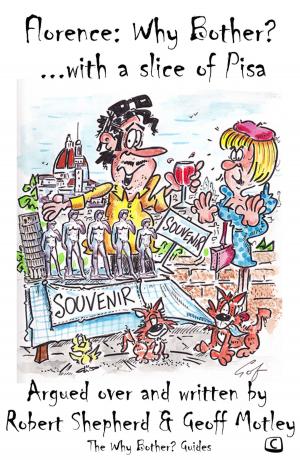| Author: | Julia Douglas | ISBN: | 9781909139800 |
| Publisher: | Create Digital Publishing | Publication: | February 26, 2013 |
| Imprint: | Language: | English |
| Author: | Julia Douglas |
| ISBN: | 9781909139800 |
| Publisher: | Create Digital Publishing |
| Publication: | February 26, 2013 |
| Imprint: | |
| Language: | English |
At ten in the morning, on the first of May, 1932, the circus on the common was just coming to life. In the roped-off paddocks, horses snorted in the morning sun. In makeshift runs beside ornately carved and painted caravans, doves and chickens cooed and clucked. From nearby tents, more exotic animal noises carried on the air: the low, raspy yawn of a lion, and the trumpet of an elephants reply.Thirteen-year-old Emily Brooke had come to know the sounds and animal smells of the circus well, and its sights, too: gleaming motor lorries and horse-drawn goods wagons, each emblazoned with the name of Strands Grand Circus; simmering, shimmering traction engines that provided electricity; the doll-like circus women, in their silk dressing gowns and headscarves, hanging tiny costumes on washing lines; the men in their vests, painting pieces of scenery or repairing props. This is Emily's story.
At ten in the morning, on the first of May, 1932, the circus on the common was just coming to life. In the roped-off paddocks, horses snorted in the morning sun. In makeshift runs beside ornately carved and painted caravans, doves and chickens cooed and clucked. From nearby tents, more exotic animal noises carried on the air: the low, raspy yawn of a lion, and the trumpet of an elephants reply.Thirteen-year-old Emily Brooke had come to know the sounds and animal smells of the circus well, and its sights, too: gleaming motor lorries and horse-drawn goods wagons, each emblazoned with the name of Strands Grand Circus; simmering, shimmering traction engines that provided electricity; the doll-like circus women, in their silk dressing gowns and headscarves, hanging tiny costumes on washing lines; the men in their vests, painting pieces of scenery or repairing props. This is Emily's story.

